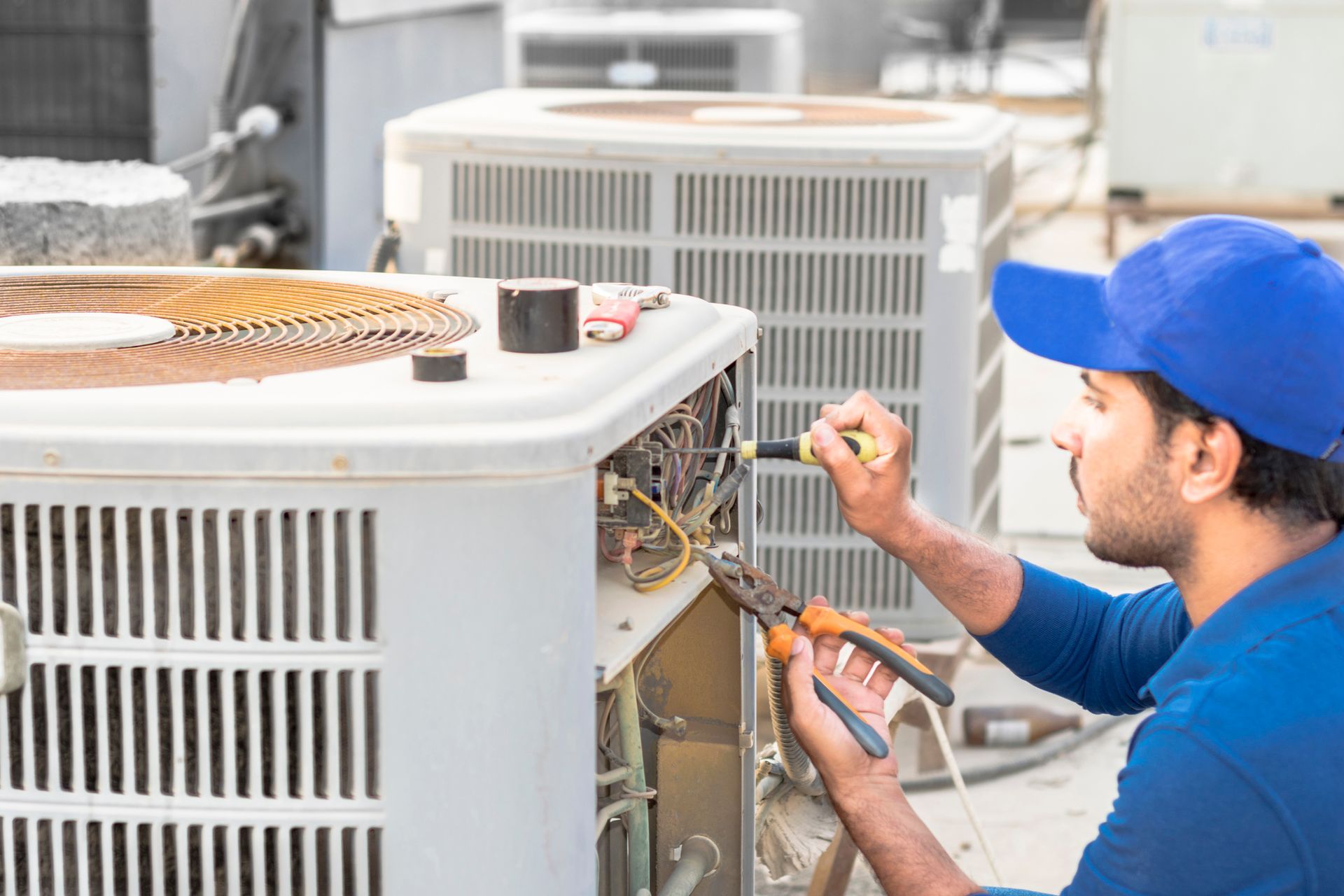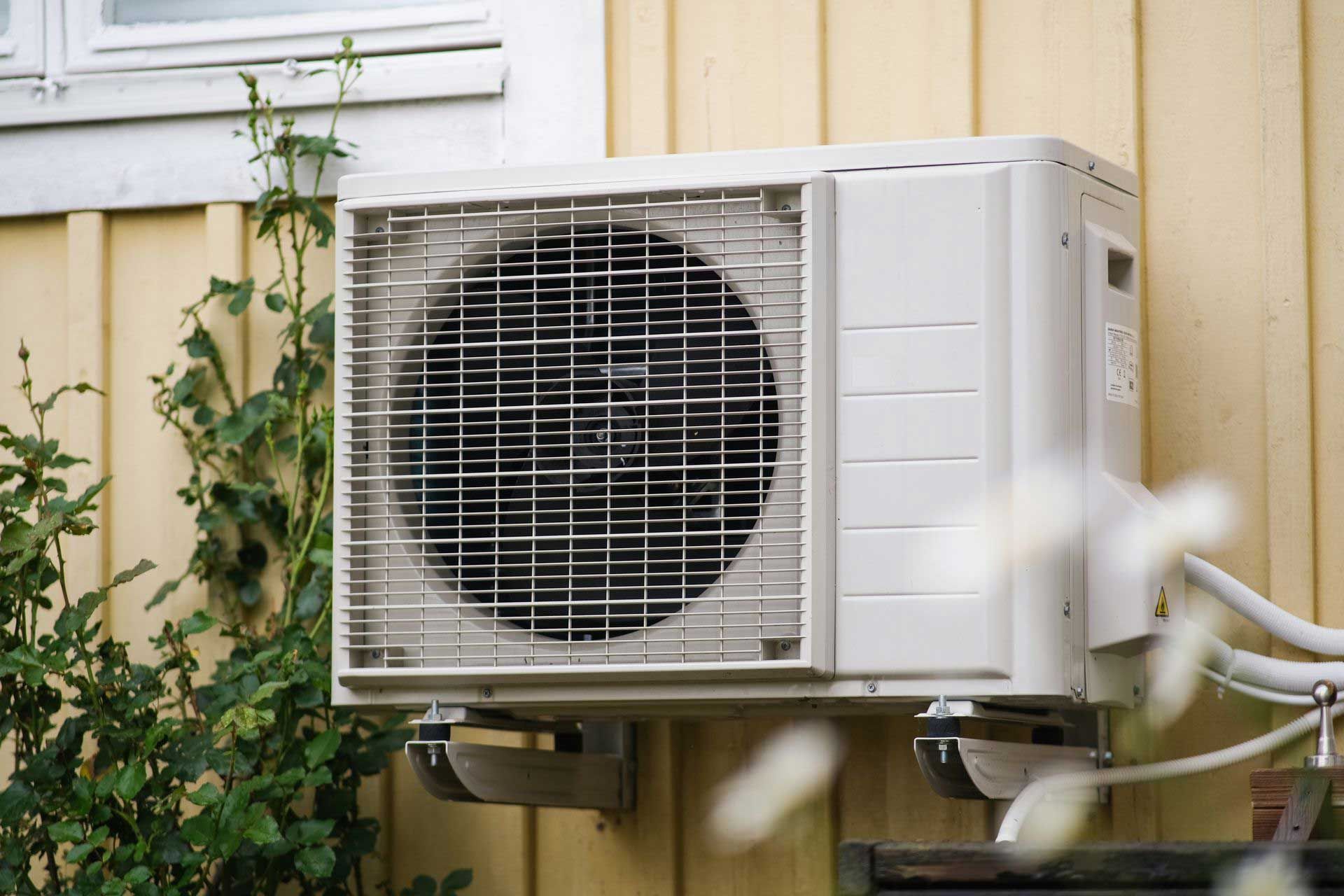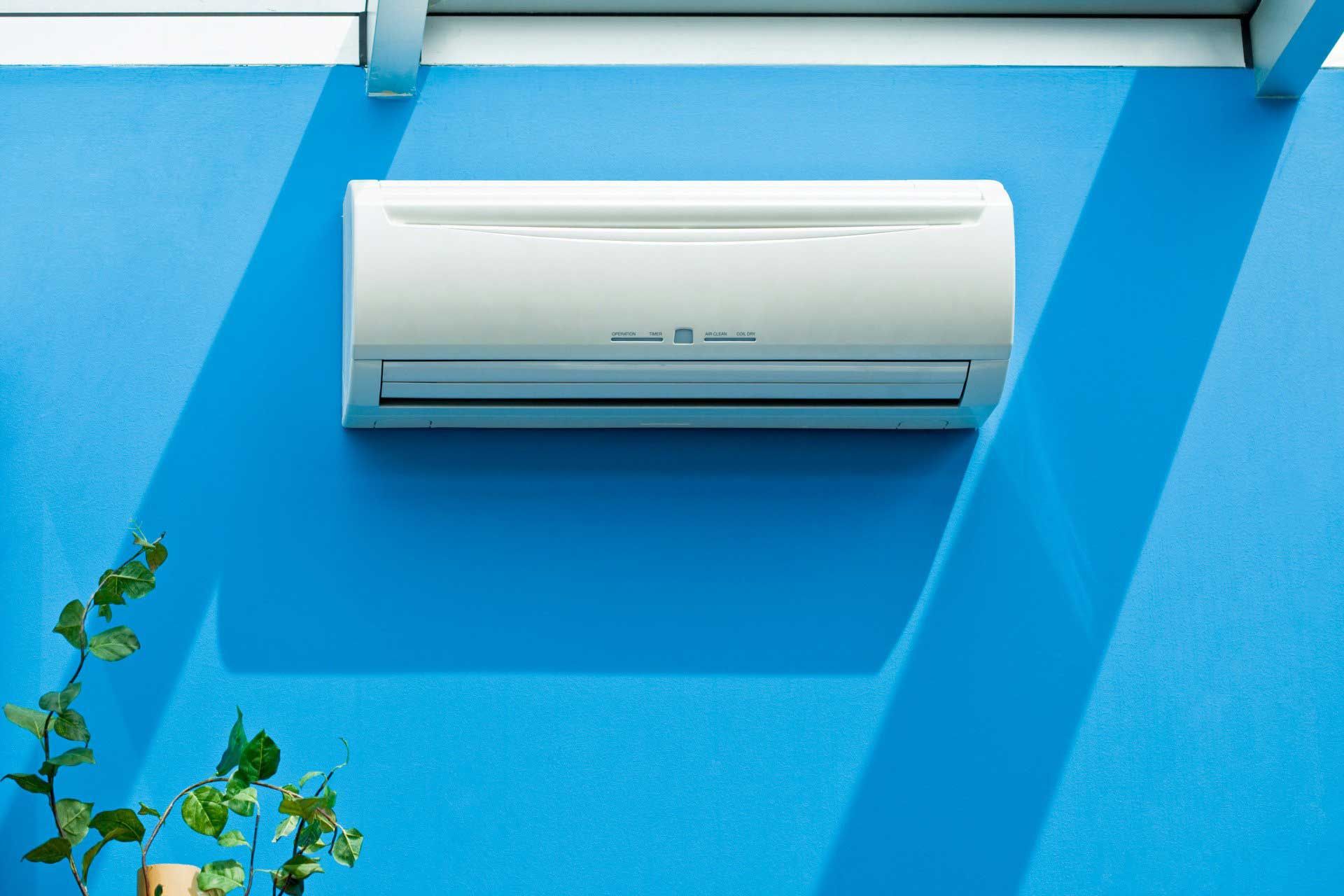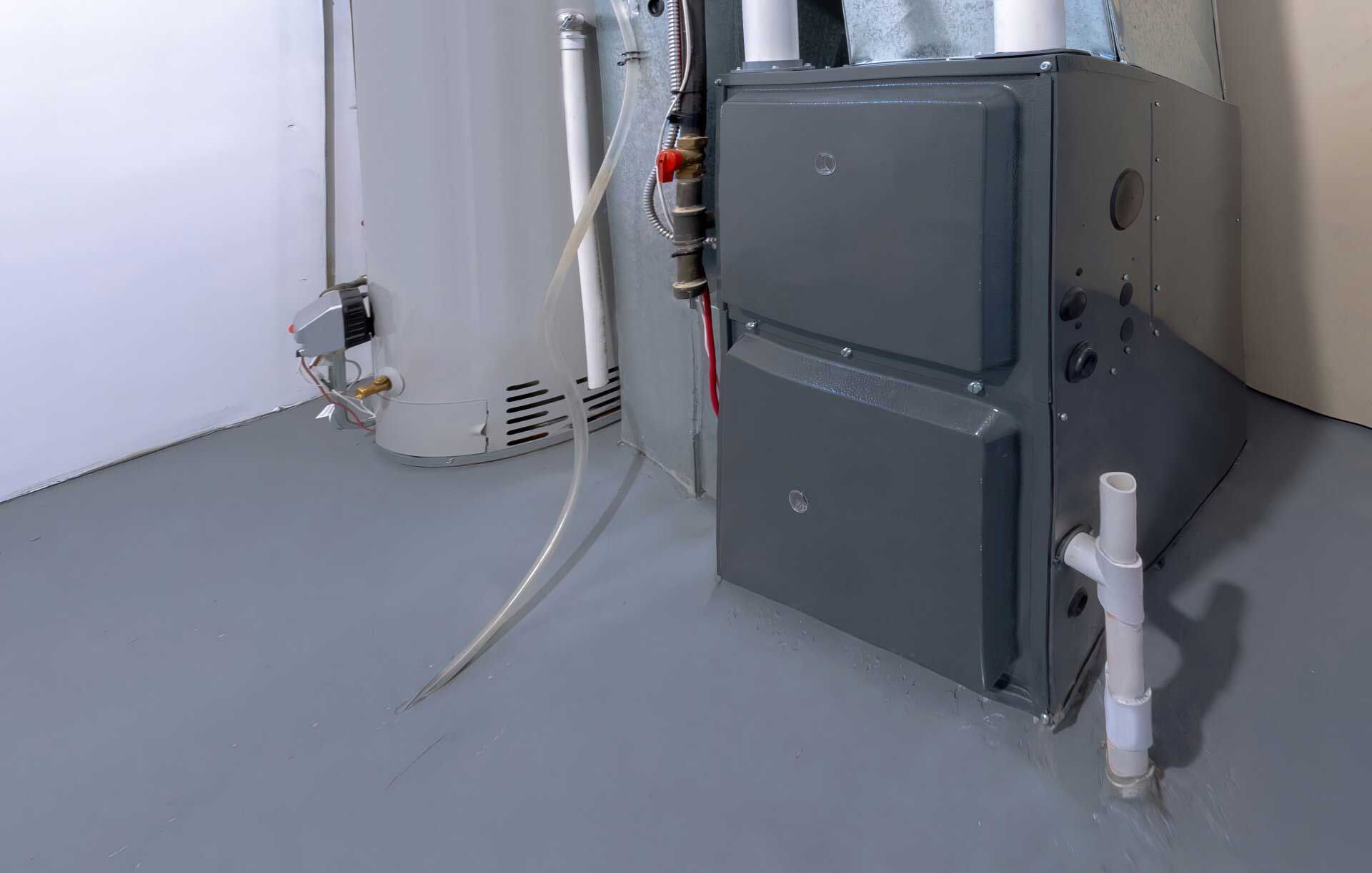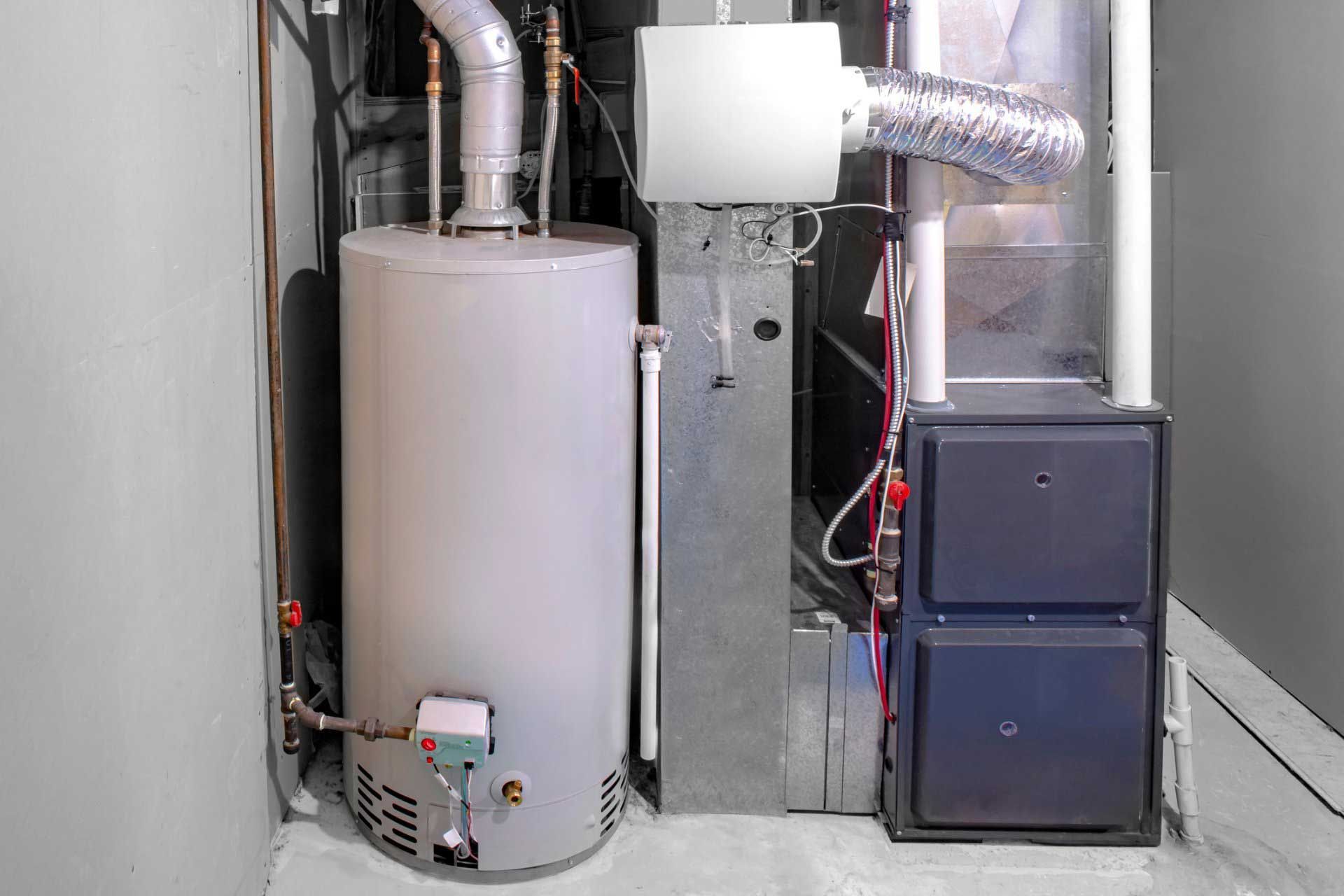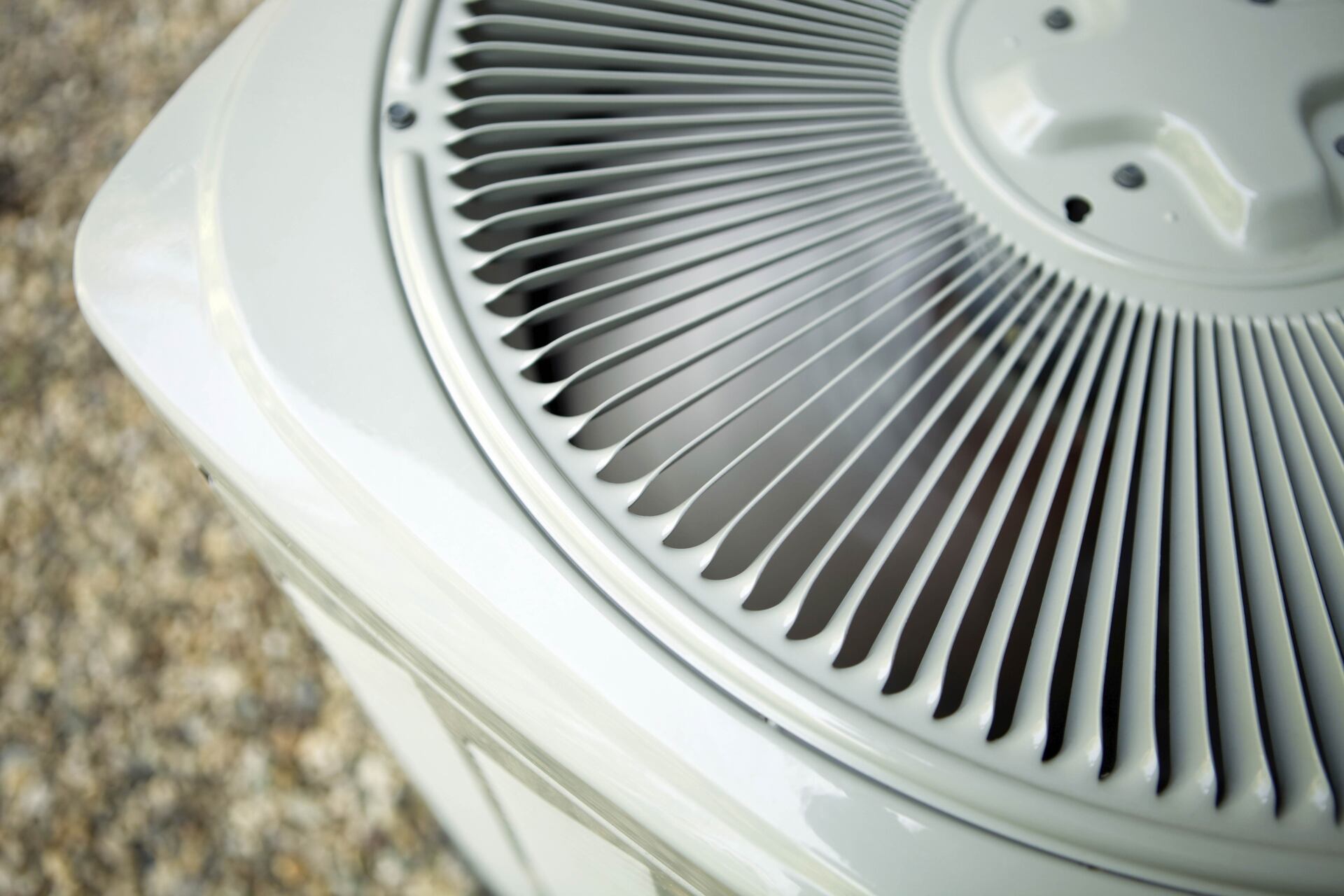HVAC Blog
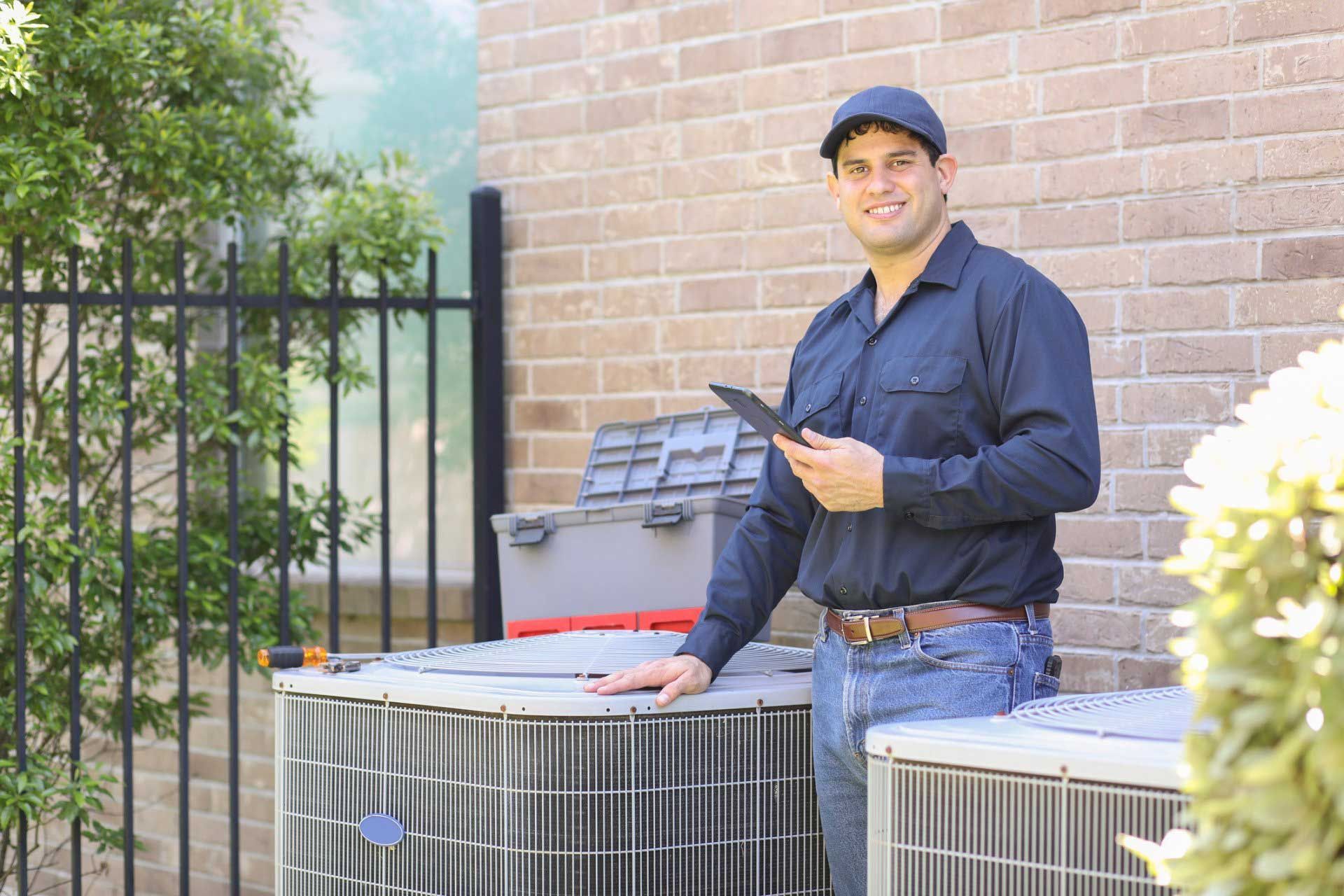
Just like your body does not accept ill-treatment, your air conditioner showcases refusal in the form of breakdowns and failures if it is not maintained properly. Your air conditioner requires regular maintenance appointments, with yearly AC service in Port Charlotte. It needs deep cleaning and thorough inspection to rule out any possibilities of damage. But who should you call for these services?
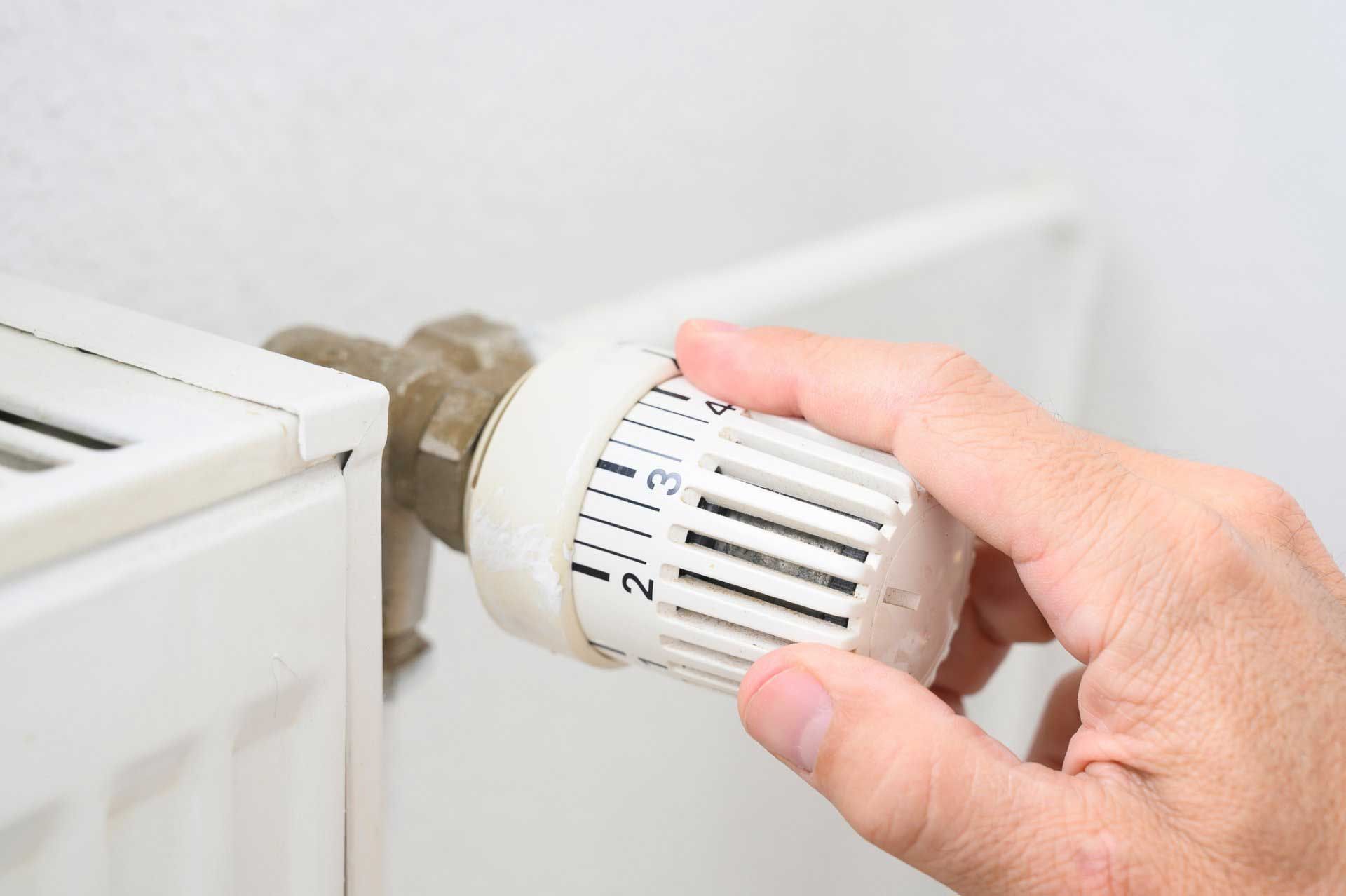
If your heater suddenly malfunctions by blowing cold air during cold winter months, it can become a tiresome and hectic job to figure out exactly what and how to solve it. Elaborated below are some fixes and checks you can try before reaching out to professional heating contractors in Port Charlotte.
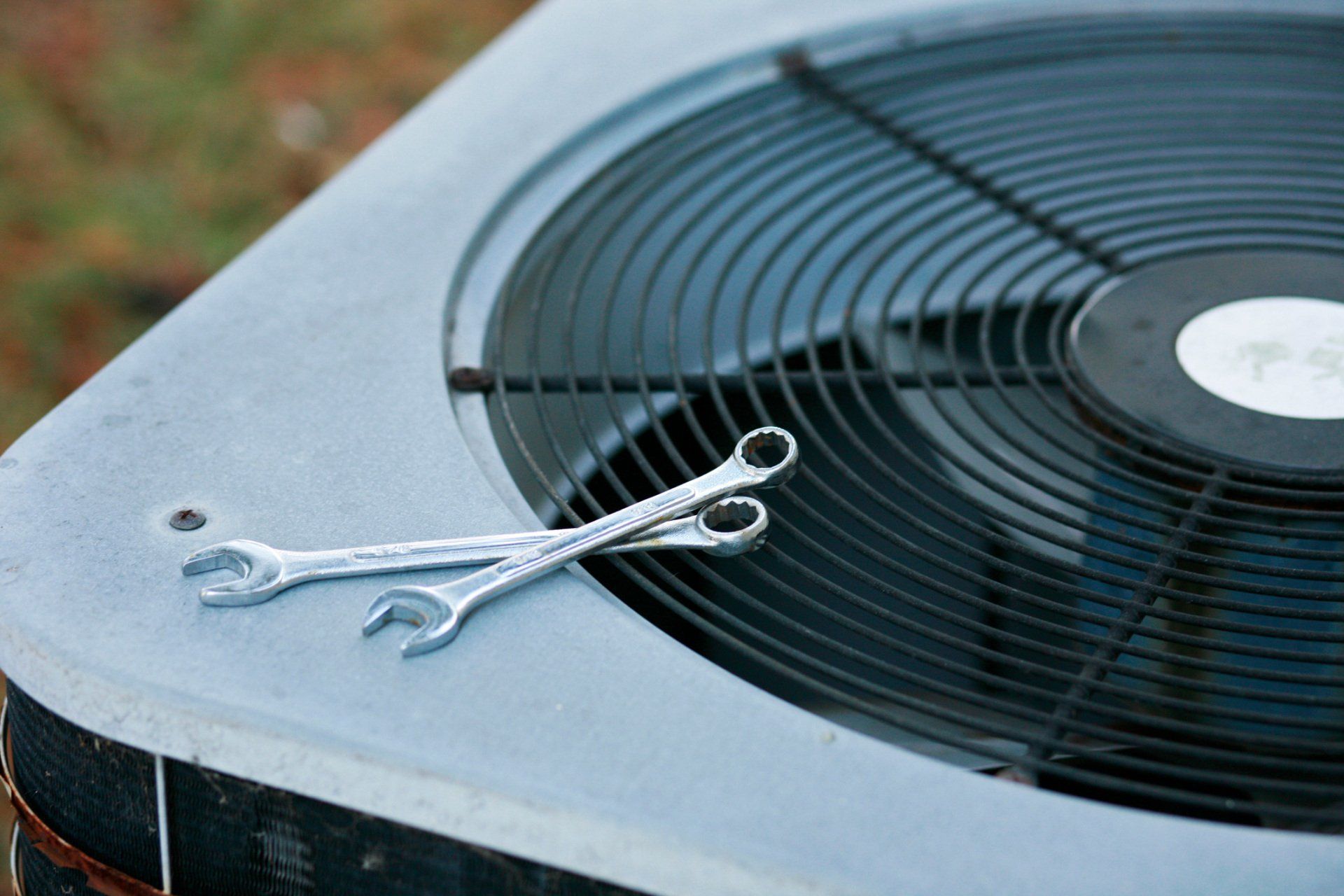
As summertime approaches Florida, most of us switch to our air conditioning system to seek refuge from the sweltering summer weather. During this time, when the sun is most unforgiving, a well-operating air conditioning system is a basic necessity for every household. Nevertheless, like all electrical appliances, the air conditioning unit may malfunction or even break down at times.
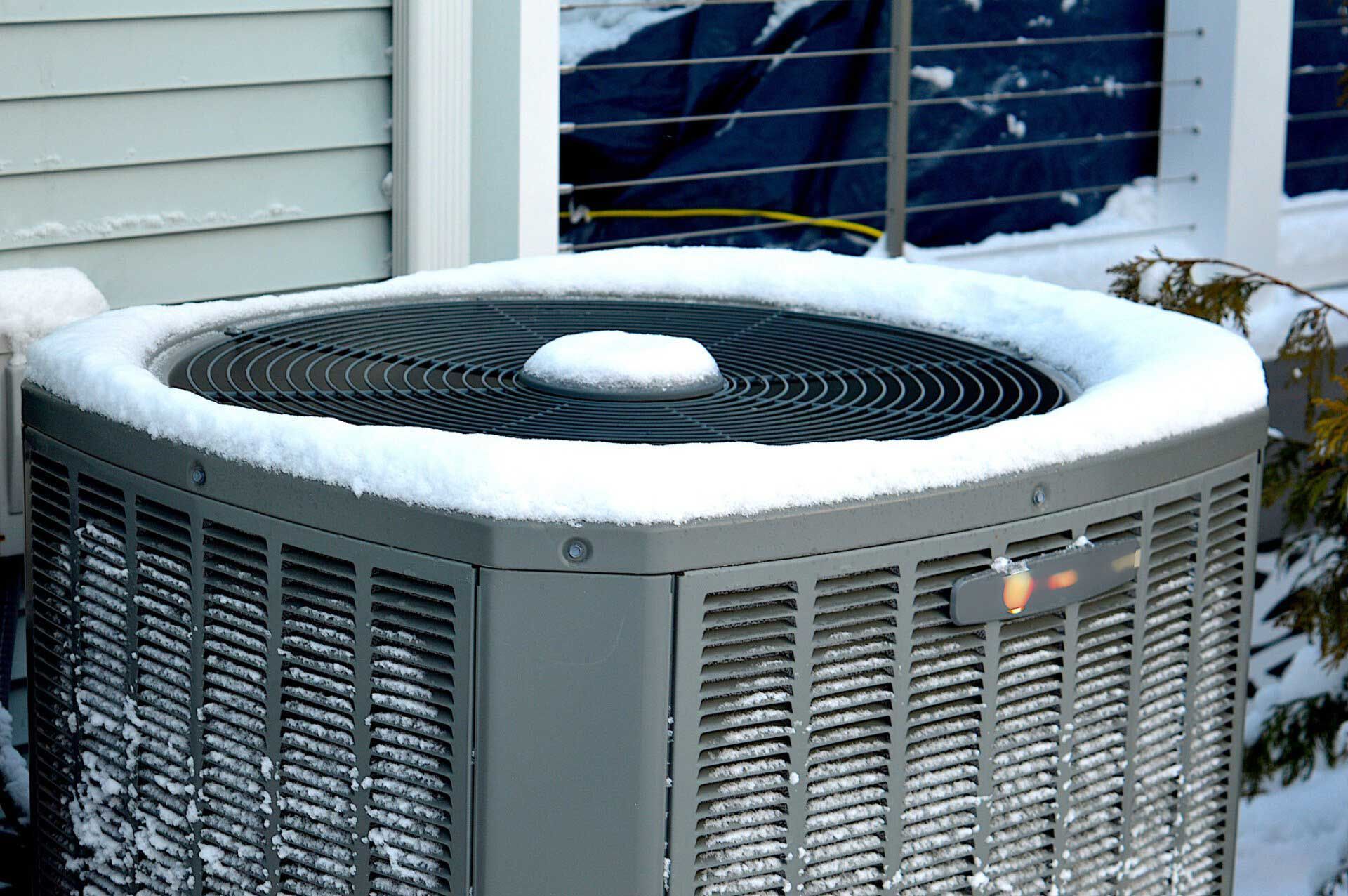
Getting an air conditioning system installed is a significant investment, and maintaining it is the only method to warrant that it remains effective in the extended run and persists longer. Also, just like other electronic devices, routine air conditioning tune-up in North Port, FL, keeps your machine working evenly and lets you limit expensive replacements by identifying issues before they become severe.


